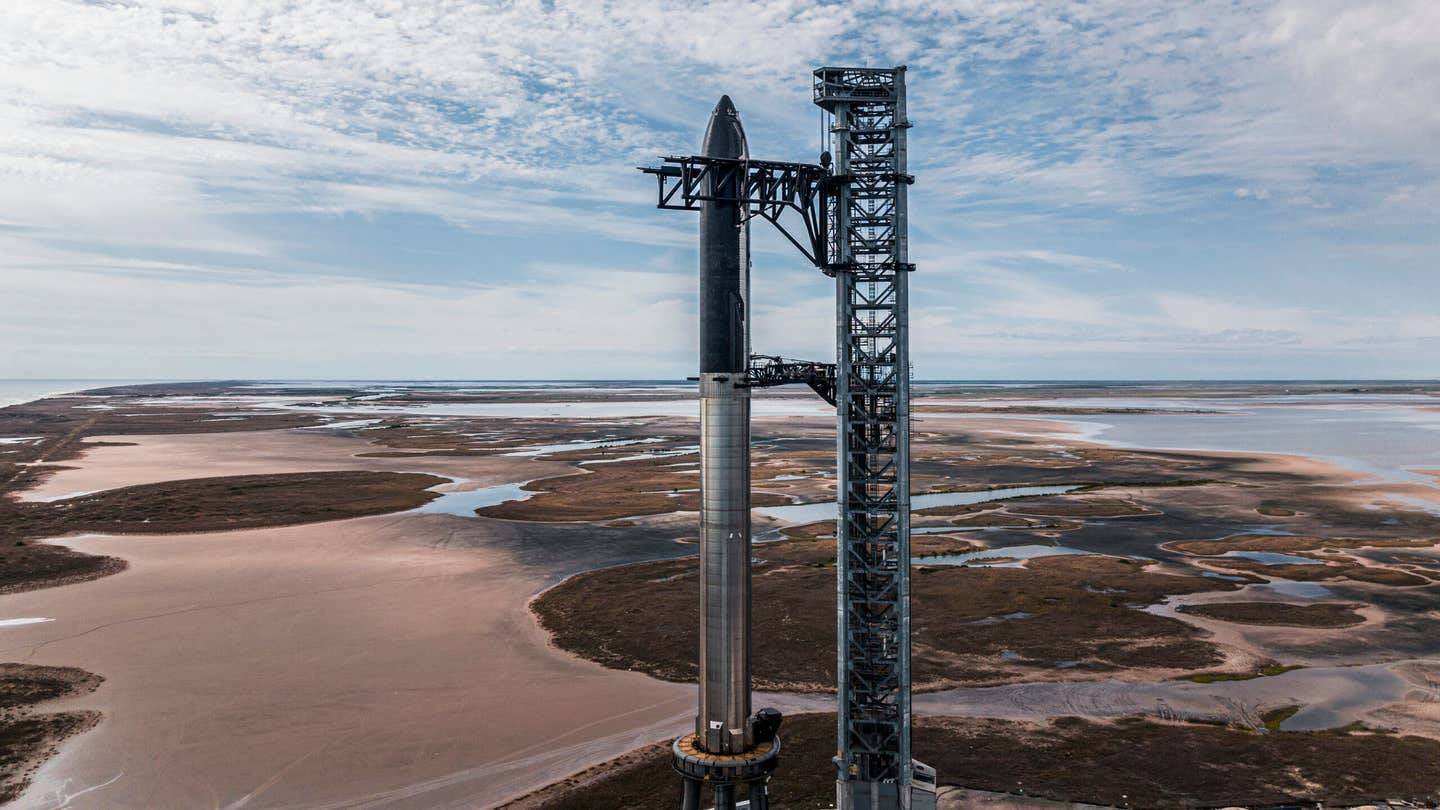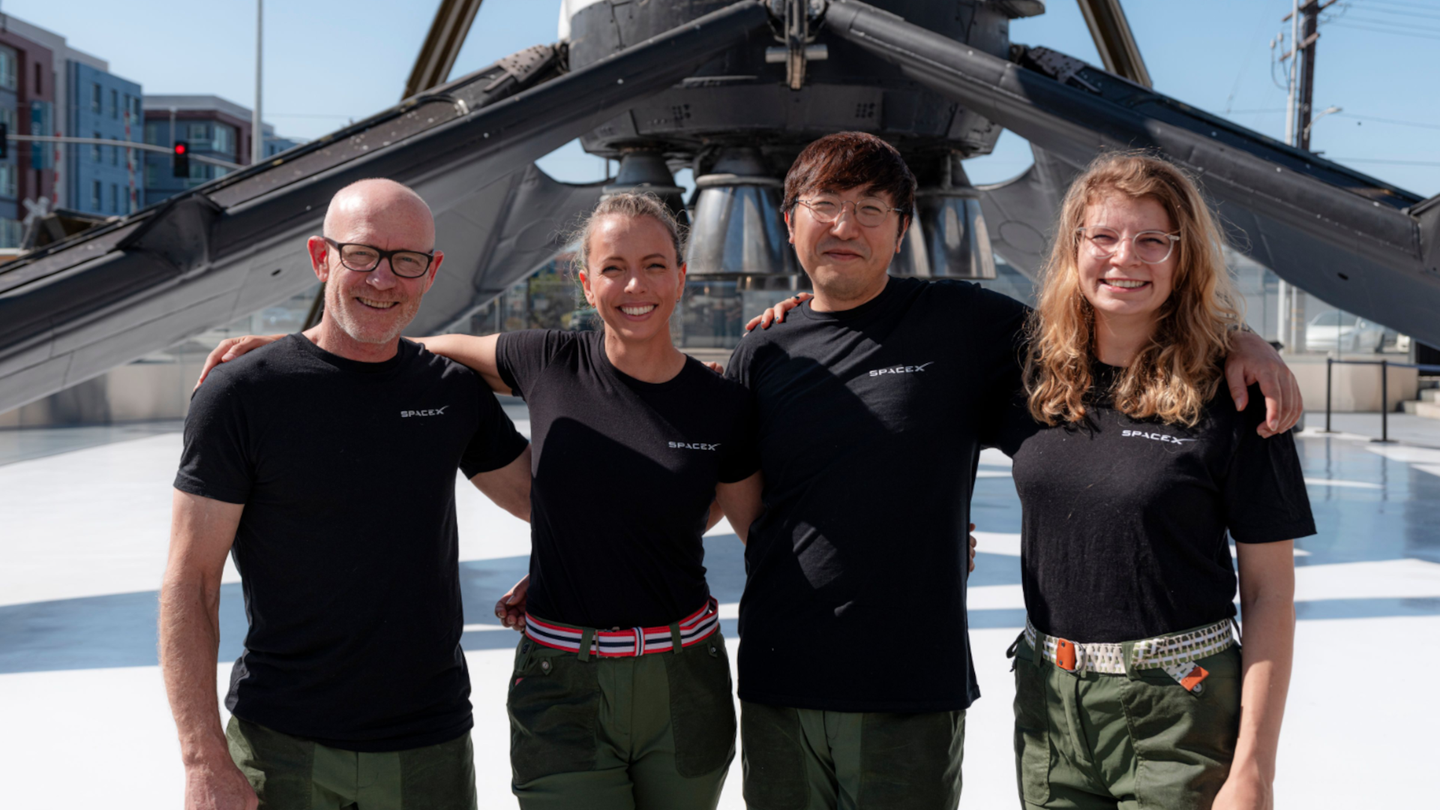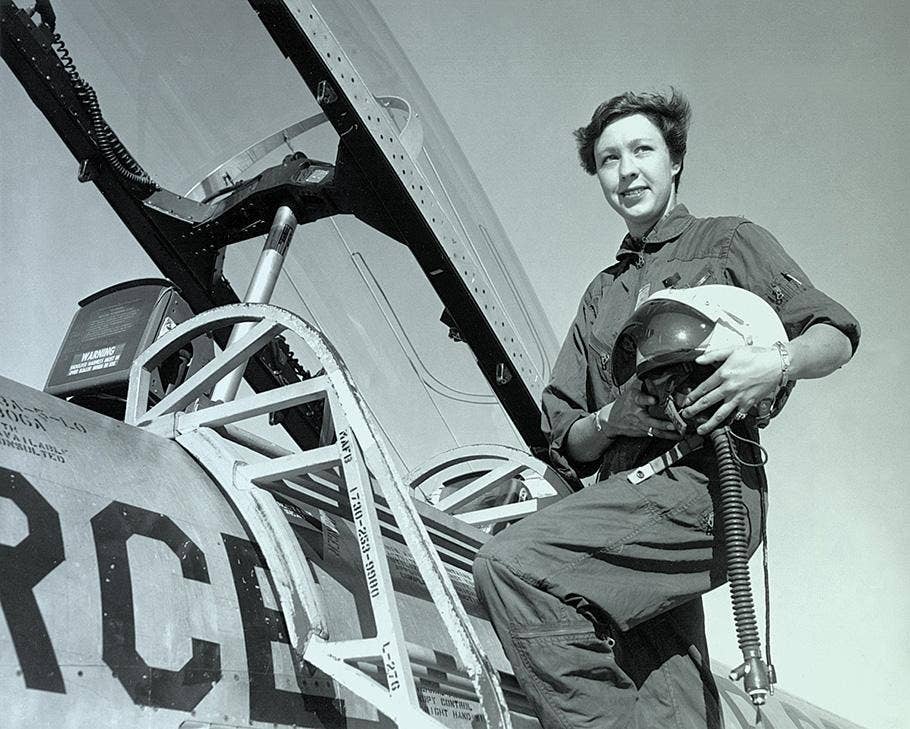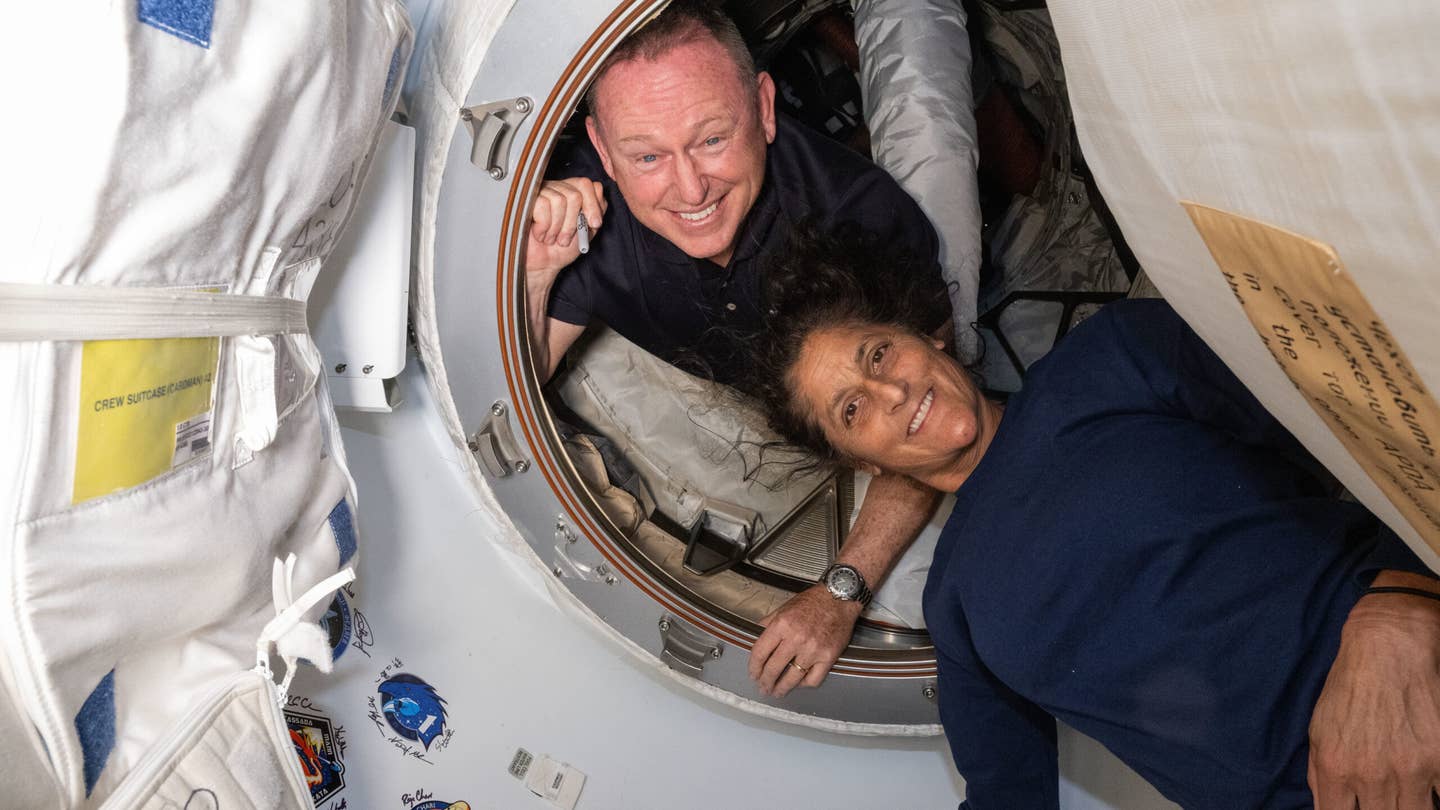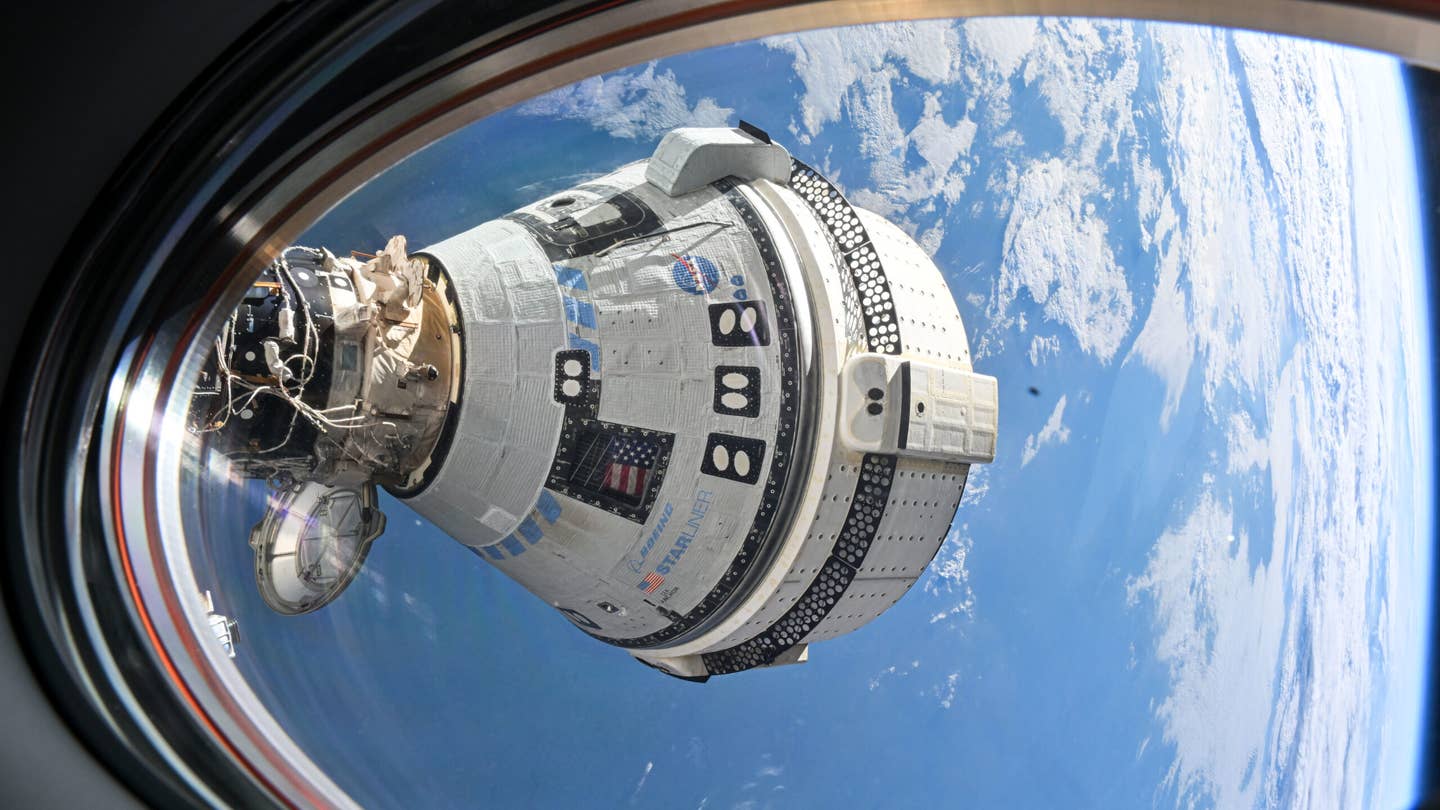First Space Force Guardian Heading to ISS Orbital Outpost
NASA’s SpaceX Crew-9 mission is set to launch no earlier than August.
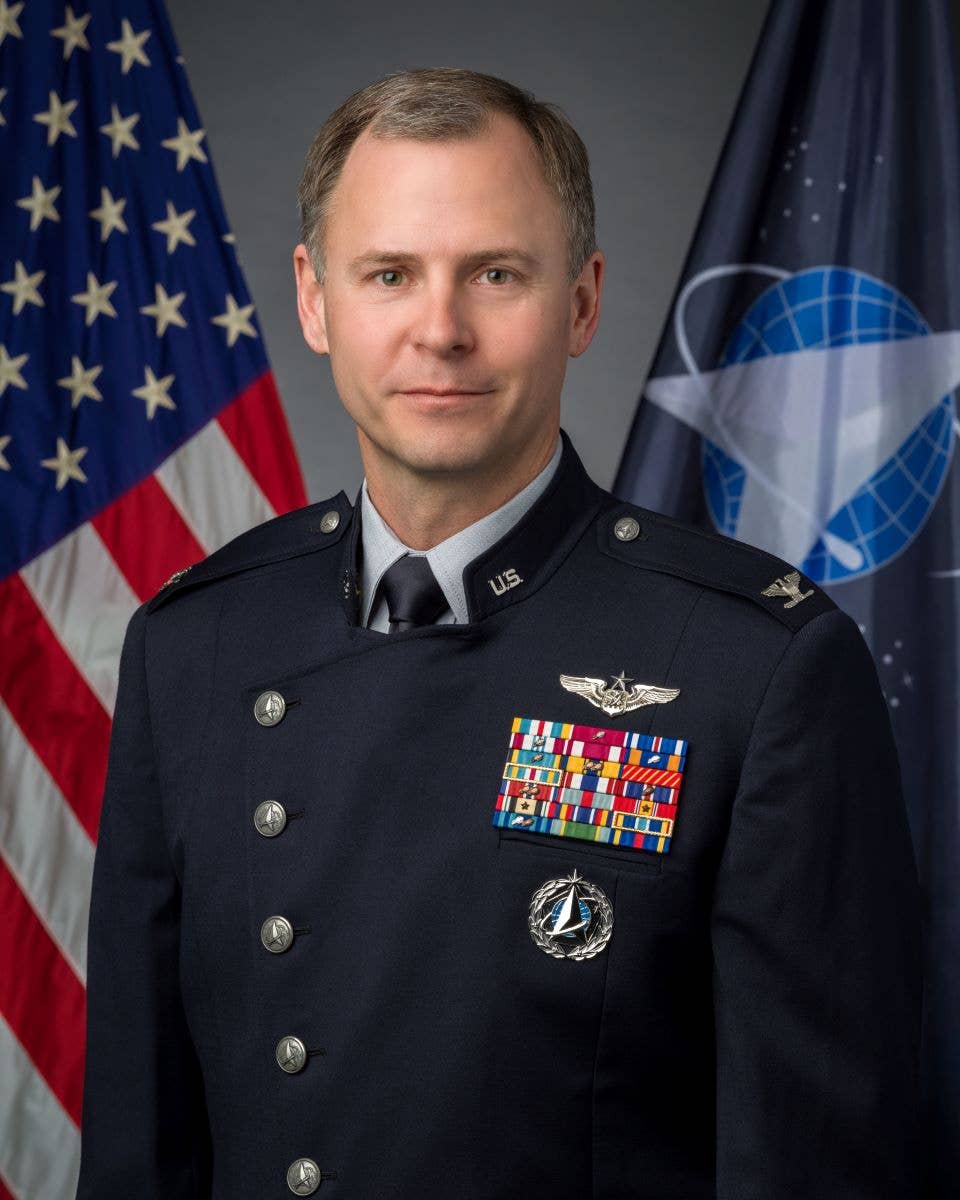
U.S. Space Force Colonel Nick Hague will serve as the pilot on NASA’s Space X Crew-9 mission aboard the Dragon spacecraft that will take him and his crewmates to the International Space Station. [Courtesy: U.S. Space Force]
The U.S. Space Force will soon have its first astronaut among its ranks.
Later this year, Space Force Colonel Nick Hague will pilot a NASA mission to the International Space Station (ISS) on NASA’s SpaceX Crew-9 mission aboard the Dragon spacecraft, the service announced. The mission will be the ninth rotation admission at the space station under NASA's commercial crew program.
“The core of our mission on the space station is to perform science experiments and collect data,” Hague said. “The [ISS] provides a unique platform in microgravity, which allows researchers from around the world to explore and discover processes that could have significant impact on the behavior of our bodies and the environment around us, both on Earth and off planet.”
The launch, scheduled for no earlier than August, is a history-making first for a Space Force Guardian but marks Hague’s second mission to ISS. In March 2019, Hague, who was then in the Air Force, began a 203-day mission at the space outpost, where he spent nearly 20 hours conducting spacewalks.
Joining Hague on the Crew-9 mission will be Commander Zena Cardman, Mission Specialist Stephanie Wilson, and Roscosmos cosmonaut Mission Specialist Aleksandr Gorbunov. Once the crew arrives at the station, Hague will transition to a flight engineer role. The Crew-9 mission will then conduct a handover with NASA's SpaceX Crew-8 mission, which is set to launch to the ISS no earlier than February 22.
“Being a part of this mission is a unique honor, but it’s truly a collective effort,” Hague said. “Guardians worldwide ensure safe and secure operations of critical systems for launch and on station. From GPS satellites that underpin our station navigation systems, to space domain awareness sites around the globe that help NASA prevent orbital debris from colliding with the space station, to the launch range that my crew will use when we lift off, Guardians provide critical support without which our NASA human spaceflight program wouldn’t be possible.”

Subscribe to Our Newsletter
Get the latest FLYING stories delivered directly to your inbox

